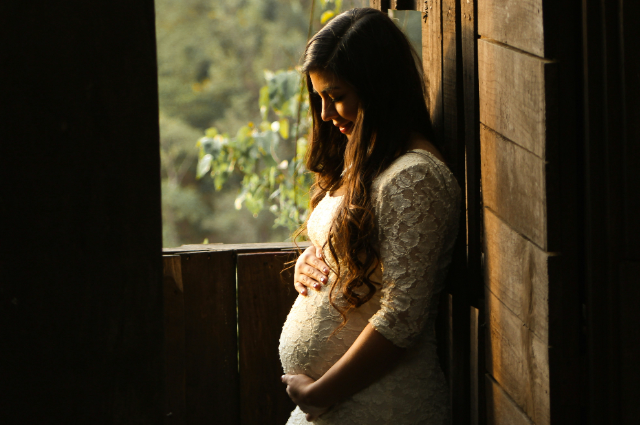
Photo by Mel Elías on Unsplash
Motherhood is often portrayed as the ultimate purpose of a woman’s life. While having a child is a beautiful experience for many, the notion that a woman’s worth is tied to her ability to conceive is deeply flawed. In older times, women who couldn’t bear children were ostracized, ridiculed, and even abandoned. While the intensity of this societal pressure may have lessened in modern times, it still exists in subtle and insidious ways, causing pain and trauma for countless women.
The Silent Struggles of Unconceived Women
Infertility or delayed conception is a deeply personal struggle, yet it often becomes an open topic for societal speculation. Women who do not conceive within a certain time frame after marriage are bombarded with unsolicited advice, judgmental remarks, and constant pressure. They are asked intrusive questions like, “Why are you delaying?” “Are you even trying?” “Do you know it gets harder after 30?” These statements, often made without malice, can be incredibly hurtful, especially to those who are already battling fertility issues.
Many women today face medical conditions like PCOD, ovarian cysts, endometriosis, and hormonal imbalances that make conception challenging. Despite advancements in medical science, society largely remains ignorant of these struggles. Instead of offering support, people continue to judge and comment, as if a woman’s reproductive capabilities are their business.
A Casual Cruelty That Cuts Deep
While modern society no longer outright shames unconceived women as it did in the past, the pressure still exists in casual conversations. People throw remarks like, “Children complete a woman’s life” or “Your biological clock is ticking,” as if a woman’s existence is incomplete without a child. The weight of such statements is especially heavy for those who are longing for a baby but struggling with fertility issues.
Many women keep their struggles to themselves, sharing their pain only with their partners. Yet, relatives, neighbors, and even friends often feel entitled to comment on their personal choices. The irony is that this judgment comes primarily from other women—mothers, aunts, and elder relatives who should ideally be more understanding. Instead of showing empathy, they continue the cycle of pressure and expectation, reinforcing the very discrimination they might have faced themselves.
Women Are More Than Child-Bearing Machines
One of the most damaging notions ingrained in society is that a woman’s primary role is to bear children. This mindset reduces a woman’s identity to her reproductive abilities, completely disregarding her ambitions, choices, and individuality.
Not every woman wants children, and not every woman can have them. Both choices should be respected equally. A woman is complete in herself, with or without a child. Her worth is not defined by her ability to conceive but by who she is as a person.
The Role of Partners and Changing Times
Thankfully, in today’s world, many men have become more supportive partners, standing by their wives through their struggles with infertility. Unlike in the past, when the blame was solely placed on the woman, modern couples understand that infertility is not a woman’s issue alone—it affects both partners. Many couples seek medical help together, and men today are more vocal about challenging outdated beliefs.
However, while times are changing within households, external pressure from extended family and society remains strong. This is why it is crucial to create awareness and break these toxic expectations.
The Need for a Mentality Shift
The only way to change this deeply rooted problem is through awareness and education. People need to stop prying into a woman’s personal life and understand that asking about pregnancy is intrusive and insensitive. Just as no one would randomly ask about someone’s salary or personal medical conditions, pregnancy should be treated with the same level of privacy.
Most importantly, women need to support each other instead of tearing each other down. If mothers and older women stop passing down these rigid expectations to younger generations, true change can happen. Instead of making a woman feel incomplete without a child, we must celebrate her for who she is—strong, independent, and enough, just as she is.
Motherhood is a choice, not an obligation. Women must no longer be seen as child-making machines, and their worth should never be measured by their ability to conceive. Society must learn to respect personal choices and offer support instead of judgment. Every woman deserves to live life on her own terms, free from the burden of societal expectations. Only then can we truly progress towards a more empathetic and inclusive world.
